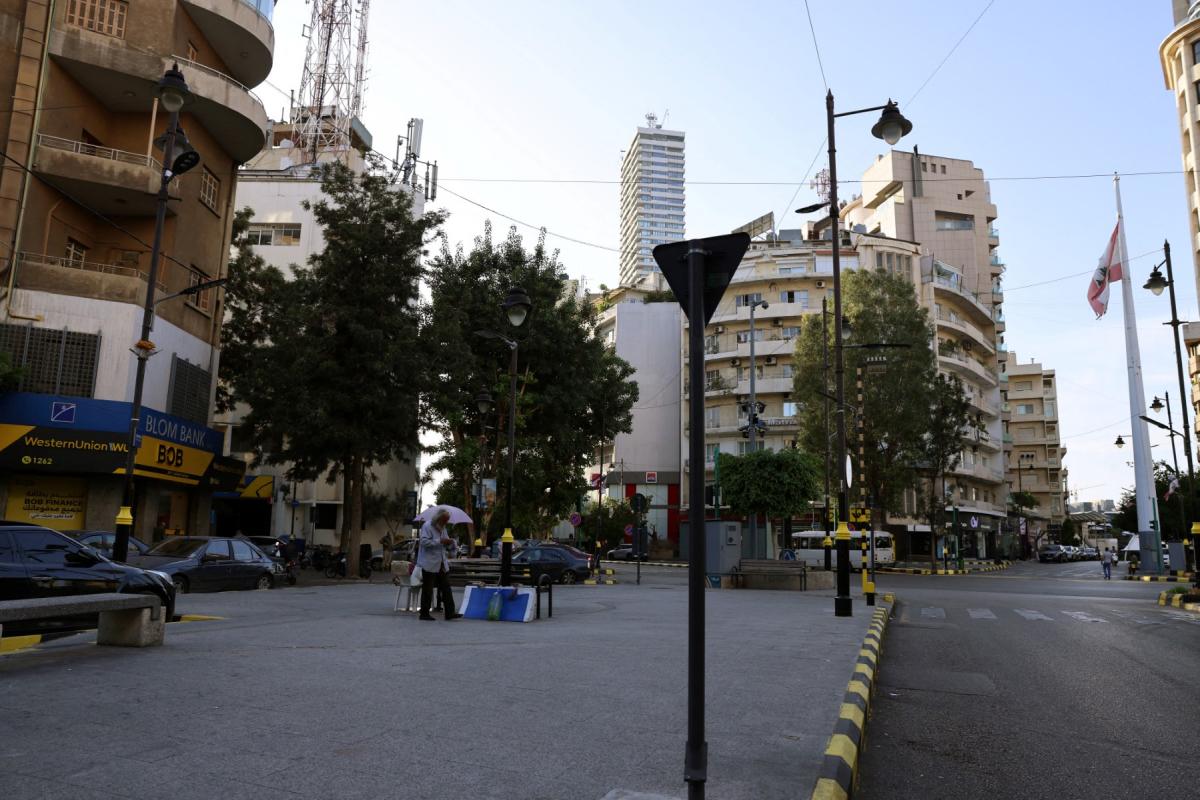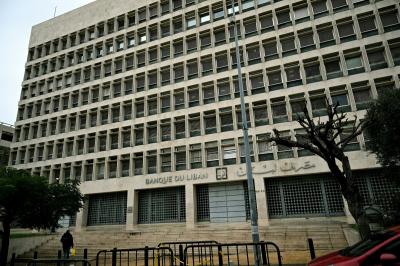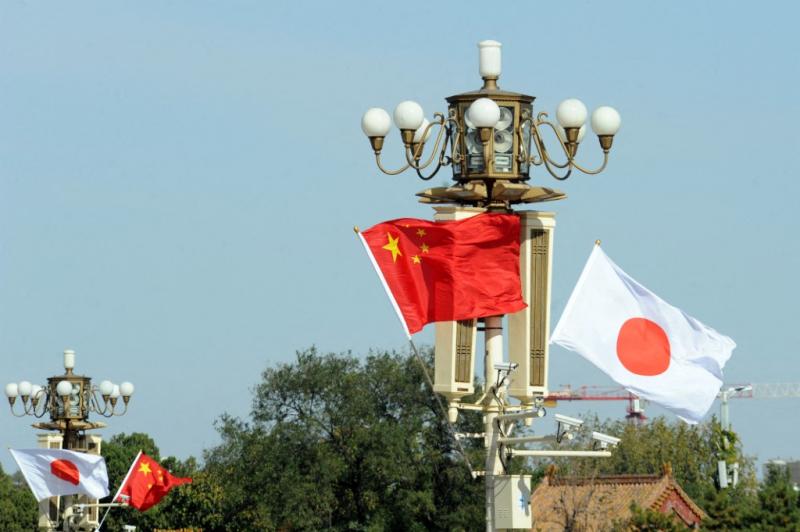The long-awaited decision from Lebanon’s Wage Index Committee has resulted in what many are calling a “distorted” increase to the minimum wage. After negotiations between employers and labor representatives broke down, the Ministry of Labor stepped in and unilaterally proposed a raise, pushing the amount up to 28 million LBP from the previously agreed-upon 27 million, adding what some described as a “cosmetic” increase.
Labor Minister Moustafa Bayram has submitted a proposal to the Cabinet that includes:
- Raising the minimum monthly wage from 18 million LBP to 28 million LBP
- Doubling family allowances
- Increasing school grants by 2.5 times
- Keeping daily transportation allowances at 450,000 LBP
- A Blow to the Wage Index Committee
Beyond failing to meet workers’ basic cost of living, this new wage plan sparked controversy for how it was enacted. By bypassing the Wage Index Committee—a tripartite body meant to bring together employers, employees, and experts to recommend fair wage policies—the Ministry of Labor effectively marginalized it. The committee’s role, defined in Decree No. 4206 of 1981, is advisory but foundational to Lebanon’s wage-setting process.
The first blow came when data expert Mohamad Chamseddine withdrew, citing the presence of pre-fixed figures. Then the General Confederation of Lebanese Workers (GCLW) pulled out, calling the numbers irrational. Finally, the Labor Minister completed the sidelining by adopting the employers’ position wholesale, disregarding both expert and union input.
Critics argue that the 50% increase in the minimum wage doesn’t even cover the costs of three basic services: electricity, water, and telecommunications. There’s concern that employers will offset the hike by slashing social contributions or other benefits.
Increase Omits Cost-of-Living Adjustment
The GCLW’s president, Bechara Asmar, rejected the proposal for lacking a sliding scale and cost-of-living adjustments. He warned that setting such a precedent could deepen income inequality and disrupt public and private sector wage structures. Even after the union lowered its demand from 90 million LBP to 50 million LBP in light of the country’s dire situation, it was excluded from the final deal.
Asmar noted that the 28 million LBP wage doesn’t reflect the union’s expectations, nor those of the 450,000 workers under Lebanon’s labor code. In addition to the paltry wage hike, the accompanying benefit adjustments were deemed meager. The daily transportation allowance remains unchanged at 450,000 LBP, and proposed increases to school grants—5x for both public and private institutions—were rejected.
For context, even a fivefold increase in private school grants would still fall 70% short of average tuition fees.
Employers Say Raise Is Unsustainable
One employer, speaking anonymously, cited two main reasons for rejecting a higher wage floor:
- Small Business Fragility: Many small businesses, particularly outside Beirut and Mount Lebanon, can’t sustain such increases. Even those paying irregular “social assistance” in dollars might be forced to shut down or lay off workers, both of which would worsen Lebanon’s shrinking economy.
- Heavier Social Security Burdens: Raising the minimum wage would also raise the declared salary to the National Social Security Fund (NSSF), increasing the cost of end-of-service indemnities. Since these indemnities are calculated based on the last drawn salary, higher wages will dramatically inflate employers' liabilities, especially considering they already pay 20.5% of wages to NSSF.
As a result, some employers might stop declaring employees or cut the informal allowances they pay, ultimately hurting workers instead of helping them.
Employers Cite Regional Inequality—Union Disagrees
Business groups argue that economic conditions in Beirut and Mount Lebanon differ dramatically from the South, Bekaa, and North. Thus, a uniform wage hike would hurt institutions outside the capital. But Asmar counters this narrative, pointing to a 25% increase in registered industrial companies and a relatively low layoff rate—15,000 to 18,000 between 2019 and 2025—according to NSSF figures.
He also highlighted how many companies benefited from Lebanon’s financial meltdown: acquiring subsidized goods, repaying loans in devalued currency, and profiting from arbitrage via the Sayrafa platform. Some estimates put these windfall gains at over $45 billion.
Retirees Bear the Burden
The proposed wage increase has also triggered alarm among retirees covered by NSSF. Those who left the workforce between 2019 and 2024 received end-of-service payments worth only a few hundred dollars due to currency devaluation. Yet, they are now expected to pay 9% of the new minimum wage monthly to retain their health coverage.
With the monthly contribution rising from 1.62 million to 2.52 million LBP, and with many retirees having received total indemnities worth only around 500 USD, this new burden is seen as unpayable.
A Decree, Not a Consensus
This wage increase is effectively a top-down decree, not the outcome of fair negotiations. The labor union’s public disavowal of the move may be symbolically important, but it doesn't absolve it, or any other stakeholder, from responsibility.
Real reform, union leaders argue, requires systemic change: breaking monopolies, combating corruption, and reviving economic growth. Only then will wages rise organically, based on market demand for labor, not through government edicts that fall short of meeting workers’ needs.
Please post your comments on:
[email protected]
 Politics
Politics













